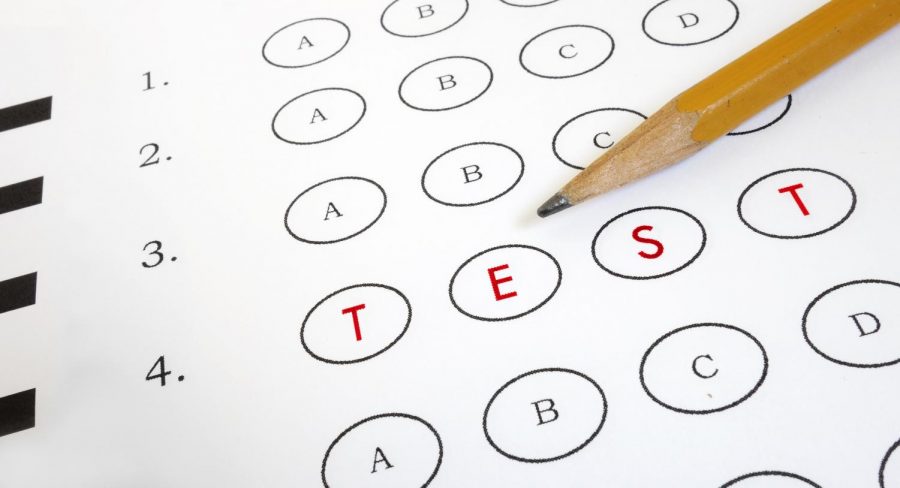No government left behind
POSTED October 31, 2018
Education is perhaps the single greatest issue in the American political system. A flawed system can produce numerous issues as the effects of a poor education reverberate through generations of problems; however, a quality, well-working school system can produce a citizenry with the skill, knowledge, and virtuosity to solve any and all of the issues plaguing America. The path to this ideal education system has never been clear to policy makers, and this has created a gray area and has left the nation wondering, who has the say in my child’s education?
The powers given to the national government by the Constitution were many, but education was certainly not one of them. Traditionally reserved to the states, many believe that education needs to be fixed at a micro, statewide level. That certainly hasn’t stopped the national government from impressing education initiatives and reforms upon the states though. Notable regulations like No Child Left Behind and Common Core attempted to take a standardization approach to education which to some makes sense. The thought process behind those plans was that it would ensure each student was gaining an education and that it was of a similar quality to everyone else in the nation. These initiatives would be great if they were feasible. Whittling an education down to bullet points and boxes to check off is not only foolish but also cumbersome. NCLB was an unfunded mandate that became a burden on the state–which is ironic as states have the power to decide how to educate their populations–because it required extensive and expensive changes to the state’s school systems. Although this initiative had good intentions, the intentions do not justify the means, and this program simply did not work.
Therefore, the power of education needs to devolve back to the states so that they can manage education the way it was meant to be managed: on a small scale. National equality in education sounds like a wonderful idea, but, if that equality is decreasing the quality of education for everyone, then it is simply not worth the money and work to deprive the states of their constitutional right to make all decisions regarding education.




